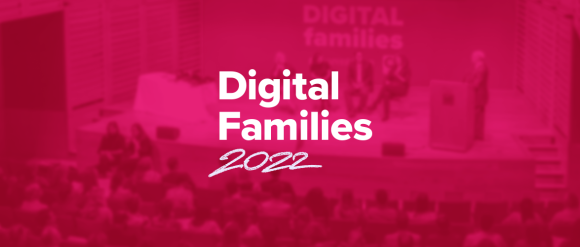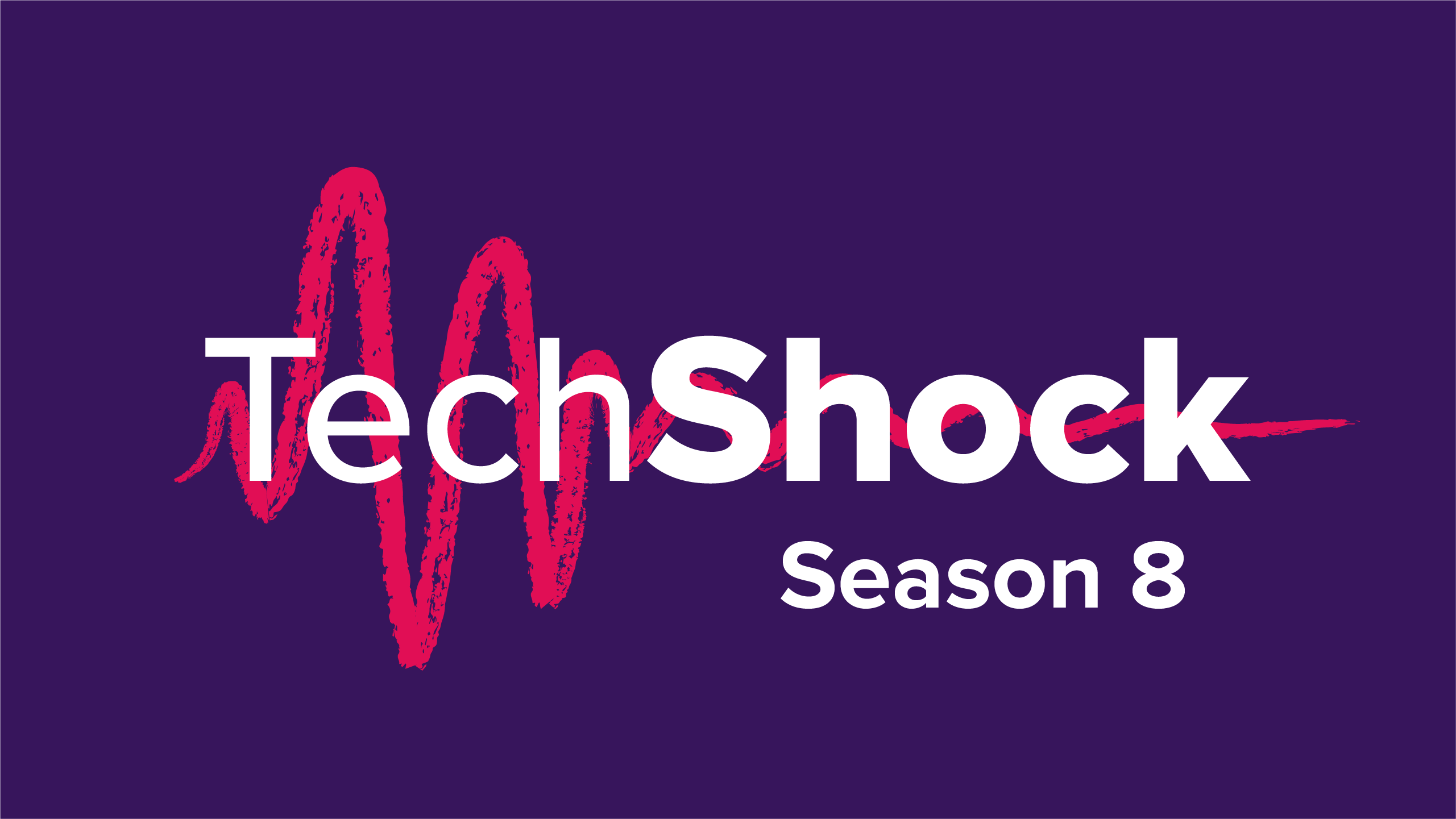PZ SEND: introducing a new media literacy resource
In July 2021, the Department for Media, Culture and Sport (DCMS) released the Online Media Literacy Strategy. Media literacy is the process we use to understand and analyse online spaces, to guide our actions and behaviours.
The strategy states that “87% of the UK population is online”, making media literacy an essential life skill – but in this report, the DCMS states that “teachers need access to media literacy resources specifically tailored to children with SEND.”
We therefore created PZ SEND: a project funded by the DCMS to increase media literacy resources and specific support for teachers working with SEND pupils.
Learning from SEND experts
The aim was to learn from SEND experts about how we could support them in teaching media literacy.
We created an online hub and resources library that would enable any teacher to quickly find the resources most suitable for the SEND pupils they work with, and to access the guidance needed to adapt them.
Giving these teachers a platform to be open and honest about Parent Zone’s media literacy resources and what would make them more accessible was really insightful, with game-changing lessons on how to make resources suitable for every pupil. We will endeavour to carry these learnings forward into other projects to have a long term impact for SEND learners.
Parent Zone’s CEO and founder Vicki Shotbolt explained: “We are incredibly conscious of the fact that there was this large group of people who simply weren't getting the resources and the support that they needed. So for us, this project has filled a really important gap.”
What we learnt
The value of consultation
We formed an invaluable network of teachers from a range of settings and worked hard to weave their feedback into the resources, to make them as impactful as possible.
Dan, an INCO in a mainstream primary school, told us that he was “so impressed with how well [Parent Zone] have implemented the feedback, the resources are absolutely top!”
Small changes make a big difference
Organisations considering adapting their resources for SEND may be apprehensive about extensive rewrites or redesigns. But one of our most surprising learnings was that changes don’t have to be big to be effective.
For example, we adapted resources to a dyslexia-friendly font and changed the background colour to blue or yellow.
Teachers told us that they would like to edit the resources themselves so we provided them as editable downloads.
We also removed the age ranges. Pupils up to 18 years old are using the handouts or worksheets, and find it disheartening to see a much lower age on it. This simple change removes this potential knock to their confidence or self-esteem.

Due to high demand you can now attend our Digital Families Conference 22 on the 18th of October virtually, as well as in-person. Register here for free
Using standardised symbols
Every SEND teacher we spoke to told us about the power of widgits: standardised symbols for pupils who have difficulty reading printed text.
We reviewed our resources and, with feedback from teachers, deconstructed them using Widgit Online (other services are available).
Involve the SEND community
This project is powered by SEND educators – who are helping us adapt resources to meet their needs.
Julia, a teacher in a specialist secondary school, told us that “I like the fact that there is a real attempt to adapt and make resources for SEND. I found the workshop on the whole set of resources useful as I feel teachers don’t always get time to explore resources and there is a lot of competition for their time.”
Through expert consultancy and review, we have been able to better understand the needs of children with SEND and how we can provide teaching resources that are easy to use, adapt and frame in different contexts.
We learned that British Sign Language (BSL) translations would make video much more accessible. So, all the videos on the PZ SEND website now have BSL translations.
User feedback is essential to this programme, and your input can help shape what comes next, especially around: what works (or doesn’t) with your particular needs or settings, pupil’s feedback, ideas for new or missing resources and how you have adapted resources.
Visit the PZ SEND website.
To learn more about our work and partnerships, take a look at our Impact Report.
Latest Articles

The Tech Shock podcast – the secrets of search
Vicki is joined by Google's Emma Higham to discuss safety features: what they are, how they're developed and how they can meet user needs.

The Tech Shock podcast – the emerging gender divide
Rosie Campbell, professor of politics and director of the Global Institute of Women's Leadership at King's College London, joins Vicki to discuss gender and online life.

The Tech Shock podcast – a season roundup with VoiceBox
VoiceBox director Natalie Foos joins Vicki for a roundup of season 8's best bits.

